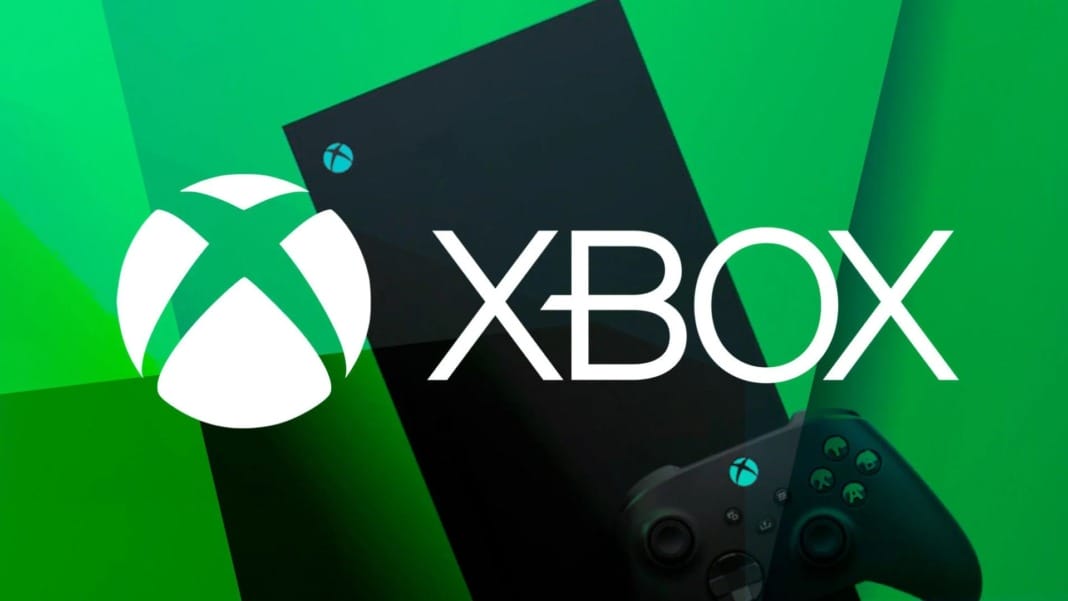Meta has introduced new brand safety tools and ad placement controls that give businesses more flexibility over how their advertisements are presented on Facebook and Instagram. These updates are aimed at helping brands ensure their ads appear in appropriate places while offering more control over the interaction with their audience.
One of the key new features is the ability for advertisers to disable comments on their ads before they go live. Meta is testing this feature, allowing businesses to manage how their promotions are displayed more effectively. You can either turn off comments completely or leave them open to everyone. However, at this stage, you can’t restrict comments to specific groups, such as followers only.
Meta explains, “We understand this functionality can be important for brands when running sensitive campaigns or during periods of heightened sensitivity.” This makes it easier for businesses to avoid potentially damaging comments when their ads run in delicate situations or after a controversial event.
Although turning off comments can provide protection, some might see it as an overly defensive or even deceptive move. Brands anticipating negative reactions to their ads may need to address broader branding concerns instead of silencing their audience. Still, this option allows advertisers to choose what works best for them.
It’s worth noting that advertisers have long been able to disable comments on their Facebook and Instagram ads after they’ve been published. The key difference here is that now they can do so before the campaign starts.
Meta has stated that this feature is currently available to a limited number of businesses as part of a test.
Expanded control over ad placement
Meta has also expanded its ad placement controls, offering businesses more control over where their ads are shown across Facebook and Instagram. Last year, Meta introduced the option to place ads on Facebook and Instagram profiles, a feature designed to help brands reach highly engaged customers with content. Now, businesses can block their ads from appearing on specific Instagram profiles using a “publisher block list.”
Based on positive feedback, Meta is extending this feature to Facebook profiles. This means you can now control which public profiles your ads appear on, helping to avoid associations with users or identities that don’t align with your brand image.
You can upload a list of public profiles where you don’t want your ads to appear, giving you even more control over your ad placement on the platform.
New block list options with partners
Meta is also working on enhancing its block list options by allowing businesses to use third-party block lists created by their partners. This new feature will help advertisers working with Meta Business Partners decide which content categories to avoid.
“Businesses will work directly with Meta Business Partners to determine which specific categories they may want to block,” Meta explained. “These decisions happen directly between businesses and their chosen Meta Business Partner because businesses should ultimately decide their suitability preferences.”
In early tests, combining Meta’s inventory filter for Feed and Reels with third-party block lists has increased brand suitability rates. These block lists provide businesses with another layer of control over where their ads appear, helping to ensure they align with the company’s values and audience.
Meta is collaborating with Integral Ad Science (IAS) as the initial test partner for this feature.
Enhancements to brand safety tools
In addition to these updates, Meta is upgrading its Brand Safety and Suitability Centre. The new interface will make it easier for advertisers to manage their ad placements, ensuring businesses have control over their ads and that they are shown in suitable contexts.
These new tools and updates from Meta are designed to give advertisers more control over where and how their ads are shown. While caution may be needed in some situations, these changes offer businesses the flexibility they need to manage their online presence more effectively.





